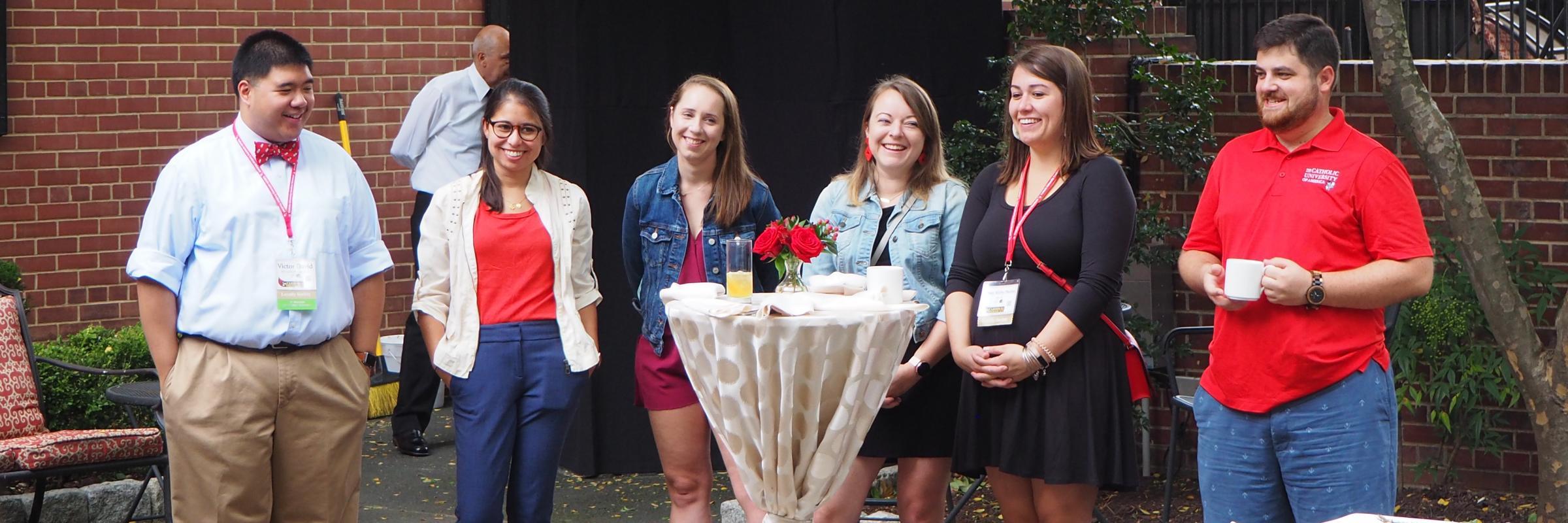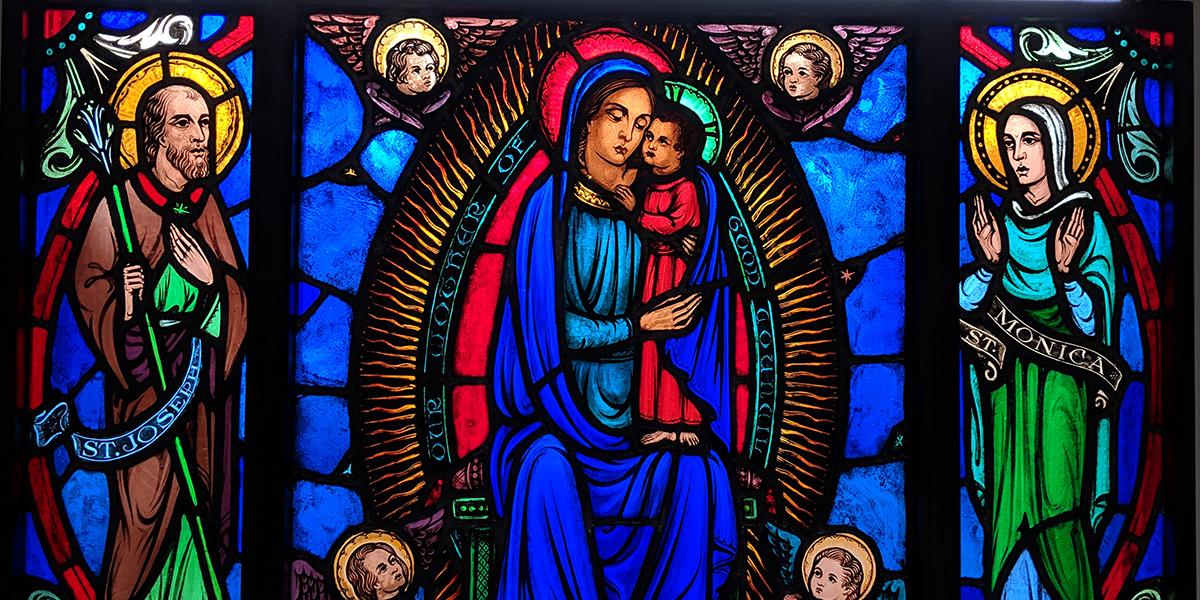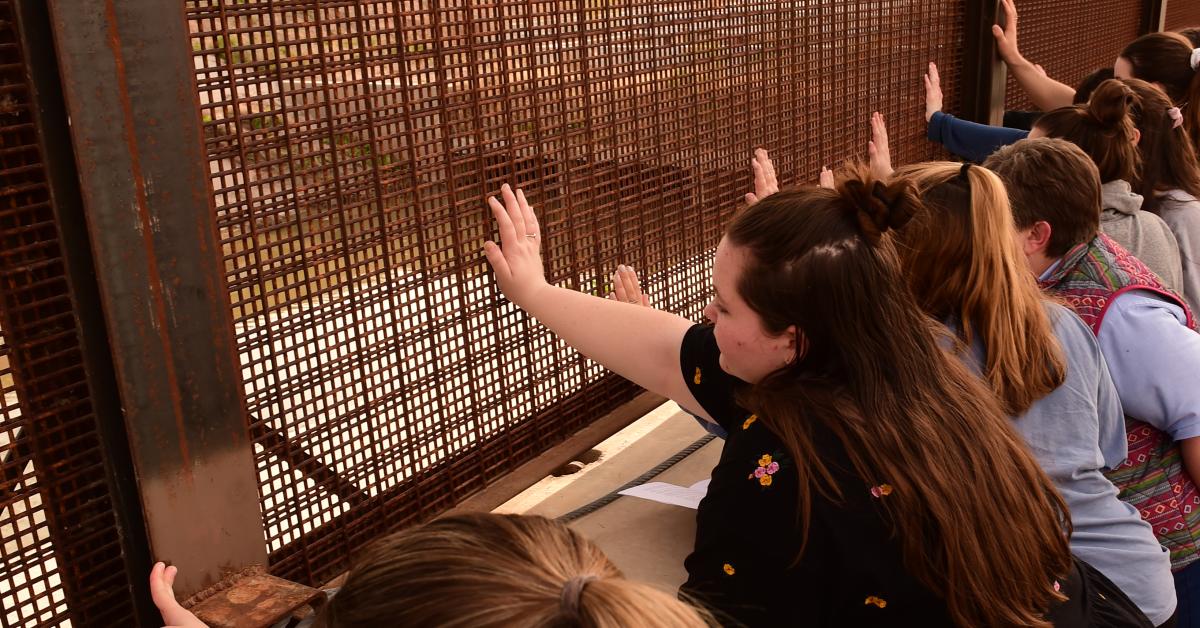As a society, we've been living through a period of incredible change: the pandemic, political strife, calls for social and racial justice, wildfires, war, and global supply chain issues, just to name a few.
As we celebrate the Feast of the Ascension today, I urge you to look to the example of Christ to find your way forward during times of great change.
Now, our University is on the precipice of significant change. A new University president will take office, building on our 135-year legacy while setting a new agenda for continued success. A new dining commons will open, altering the social landscape and daily routines for faculty, staff, and students on campus.
Change can be exciting and exhilarating, but it can also be intimidating and stressful. It can goad us into action or leave us speechless and numb, unsure of what to do next.
As we celebrate the Feast of the Ascension today, I urge you to look to the example of Christ to find your way forward during times of great change.
During times of change, Jesus shows us that our eyes should not be fixed looking up, but rather looking at each other.
To prepare for the Ascension, I prayed with the readings from Luke. But I didn't read the words as I would a newspaper article or novel; I prayed with the practice of Lexio Divina. If you are unfamiliar, it is the practice of taking a passage of scripture and carefully reading it several times, slowly pausing between readings to reflect on the words. When I was learning the practice as a student here at Catholic University, a wise priest suggested that I close my eyes and imagine being in the passage, witnessing what took place: I should take note of what I see, what I smell, what I taste, and what I hear. These small details would make the words come alive in my heart. They would give me a new perspective on the words.
By practicing Lexio Divina, I discovered new meaning in passages of Luke, passages that I have read many times. As I prayed, so many thoughts came to me: “Did Jesus rise to Heaven?” “Where is the Teacher going?” “But now what do I do?” Then, I realized the passage described a time of profound change, and I wondered how I would have reacted if I were there. The disciples left to sing God’s praises, but I didn't know if I could have left so easily. I thought I would have been stuck there with my head and eyes looking up, trying to see where He went; all around me, people would have lingered, simply unsure of what to do next. Instead of simply staring toward the sky wondering what to do next, I should have turned my gaze toward the people beside me, seeing Christ in them — seeing Christ in all.
Even if He is not physically with us, He is with us in spirit. He is in you — and in me.
During times of change, Jesus shows us that our eyes should not be fixed looking up, but rather looking at each other. He wants us to know that even if He is not physically with us, He is with us in spirit. He is in you — and in me.
Change can cause many emotions, and we may struggle to react appropriately. When you experience change, heed the example of Christ: Go toward others, and act with compassion, mercy, and love.
Published on: Thursday, May 26, 2022
Tags: Holy Day, Holy Days, Campus Ministry





